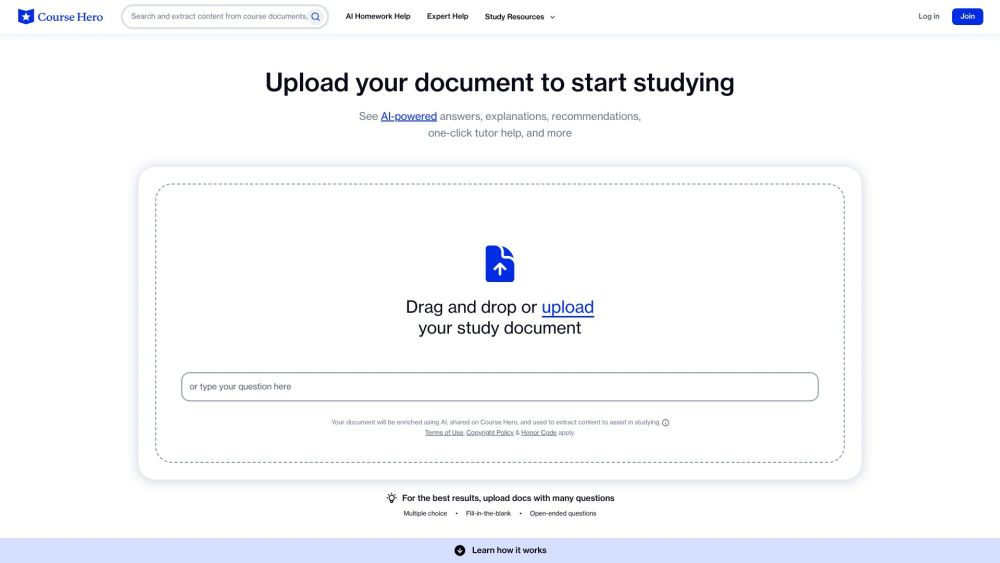You will soon be able to instruct ChatGPT to forget or remember specific details for future chats.
Today, OpenAI initiated a trial rollout of new “memory” controls for a select group of ChatGPT users, both free and paid, with plans for a wider release in the future. These controls allow users to explicitly ask ChatGPT to remember certain information, review what it recalls, or disable its memory entirely.
OpenAI elaborates in a recent blog post:
“ChatGPT can now retain information across conversations, enabling it to deliver more pertinent responses. While chatting, you can request ChatGPT to remember specific details or let it gather information independently. The more you interact with ChatGPT, the more effective its memory will become, and you will notice improvements over time.”
Imagine the convenience of a ChatGPT equipped with memory. For example, you could tell it to remember that you live in the suburbs and prefer driving over public transit (e.g., “Remember that I live in the suburbs and mostly drive.”). Similarly, if you sought its advice on parenting and wanted it to focus on younger children, you could mention that you have a kindergartner (e.g., “Remember I have a kindergartner.”).
OpenAI highlights several ways memory can benefit business scenarios, such as retaining preferences for tone, voice, formatting of blog posts, and the languages and frameworks used for programming.
Additionally, GPTs—custom chatbots powered by OpenAI’s models, available through the GPT Store—each have their own memory functions. For instance, the Books GPT can remember what books you’ve read and your preferred genres. However, these memories are not shared with ChatGPT and vice versa.
The memory features for both ChatGPT and GPTs can be disabled at any time in the ChatGPT settings. When turned off, neither ChatGPT nor GPTs will create or utilize memories. Through this settings menu, you also have the option to view and delete individual memories or clear all memory data.
Keep in mind that deleting a chat from your history does not erase the associated memories; you must manually delete the memory itself.
As ChatGPT accumulates personalized information over time, there is the potential for sensitive details to be stored, particularly since the memory feature is activated by default. OpenAI is aware of this concern and states it may use these memories to enhance its models, with exemptions for business customers and users who opt out.
OpenAI assures users that it is implementing measures to avoid the proactive storage of sensitive information, such as health data, unless explicitly requested by the user. “ChatGPT’s memories evolve with your interactions and aren’t tied to individual conversations,” OpenAI clarifies. “[And] memories created with GPTs are not accessible to GPT builders.”
For those seeking a more privacy-focused experience, OpenAI is introducing a Temporary Chat feature in ChatGPT, initially available to a limited group of free and subscription users. Temporary Chat allows conversation on a clean slate; ChatGPT will have no previous context or memory but can follow custom instructions if enabled.
OpenAI notes that it may retain a copy of Temporary Chat conversations for safety purposes for up to 30 days.





